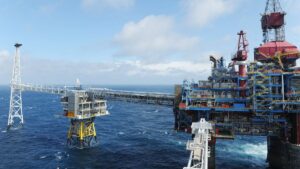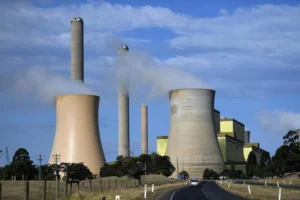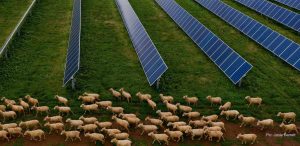Australia’s huge coal industry is resting on a speculative bubble that ignores global carbon budgets and exposure to rapid devaluation, according to a joint report released today by The Climate Institute and the Carbon Tracker Initiative.
The report, Unburnable Carbon: Australia’s carbon bubble, warns that much of the nation’s coal reserves will become worthless as the world hits carbon emission limits, and that there is little fossil fuel companies can do little to avoid this.
It follows The Climate Institute’s recent analysis, warning Australia was at risk of blowing its own carbon budget within 15 years – even with its current bipartisan climate change policies – and might need to cut its emissions by more than half by 2030 in a world that acts to avoid the worst impacts of climate change.
It also follows Carbon Tracker’s recent global report which confirmed that for there to be an 80 per cent chance of achieving internationally agreed targets of limiting global warming to 2°C, only 20-40 per cent of existing coal, gas and oil reserves can be burnt.
The new report shows that, at Australian coal reserves owned by listed companies alone are equivalent to 25 per cent of the global carbon budget for the fuel to 2050.
The report finds that, while Australian coal exports represent only 11 per cent of the global market, a conservative estimate of all of the nation’s potential coal resouces is 150 gigatonnes of CO2 (GtCO2) – as much as 75 per cent of the precautionary 200GtCO2 global carbon budget for coal.
“Investments in Australian coal rest on a speculative bubble of climate denial, indifference or dreaming,” said John Connor, one of the new report’s authors and CEO of The Climate Institute, an independent research organisation based in Sydney. “Investors, governments and even some coal companies say they take climate change seriously, but this report shows they do not or are taking risky gambles.”
Carbon Tracker Research Director James Leaton said that the fundamentals of demand and price meant that investors around the world risked getting caught in a carbon bubble. Analysts and regulators needed to make this risk transparent, he warned, or the markets would continue to inflate it.
“Investors need to challenge the assumption that coal demand will continue to rise in China and elsewhere, otherwise billions of dollars of taxpayer, superannuation and shareholder funds will be wasted in assets linked to unburnable carbon,” Leaton said.
The report also warns that Australian coal is becoming less competitive, given the high cost operations in a highly competitive market, and that expansion beyond its current 11 per cent market share is highly unlikely.
It points out that countries like China, which import Australian coal, are tightening their belts on coal use – a trend that could easily lead to stranded assets that cannot be sold in a world acting on climate, and with the cost of alternative energy falling.
The implications for investors go beyond Australia’s own shores, warns the report, with more Australian coal reserves owned by companies listed outside Australia, notably London and Tokyo, than those listed domestically.






